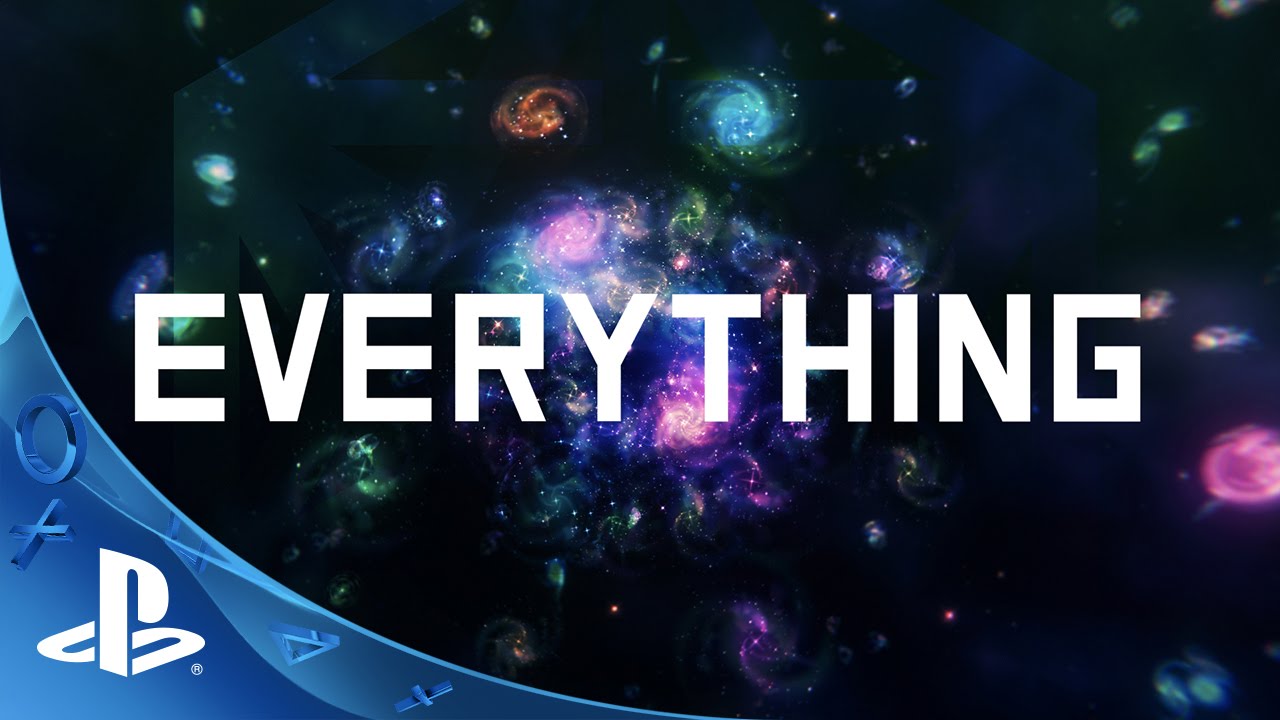Introduction:
In our fast-paced and demanding world, the constant pressure to be productive and efficient can be overwhelming. The modern ethos often revolves around the idea that success is synonymous with constant activity and busyness. However, there is a profound wisdom in learning to sit back and observe, recognizing that not everything requires time off. This perspective encourages mindfulness, strategic thinking, and a balanced approach to life.

The Art of Observation:
Observation is an art that often gets overshadowed by the hustle and bustle of daily life. Yet, taking the time to observe can be a powerful tool for personal and professional growth. By stepping back and attentively watching the world around us, we gain valuable insights into relationships, work dynamics, and our own behavior. This introspective approach allows us to make informed decisions rather than reacting impulsively.
must read= learn to sit back and observe. not everything need – tymoff
Mindfulness in Action:
Mindfulness, a practice rooted in ancient traditions, emphasizes being present in the moment without judgment. Learning to sit back and observe is inherently linked to cultivating mindfulness. By staying present, we can better understand our thoughts and emotions, enabling us to respond to situations with greater clarity. This skill is particularly valuable in high-stakes scenarios, where a hasty decision might lead to unintended consequences.
Strategic Thinking:
In a world that often rewards immediate action, strategic thinking can be undervalued. Taking the time to sit back and observe allows us to assess situations from a more strategic standpoint. This bird’s-eye view enables us to identify patterns, anticipate challenges, and formulate well-thought-out plans. In both personal and professional spheres, strategic thinking is an invaluable skill that can lead to more effective problem-solving and decision-making.
Balancing Action and Reflection:
While action is necessary for progress, constant activity without reflection can lead to burnout and inefficiency. Learning to sit back and observe provides the necessary counterbalance. Taking breaks from the constant demands of daily life allows us to recharge, gain perspective, and return to tasks with renewed energy and focus. This balance between action and reflection is essential for sustainable success and personal well-being.
The Myth of Time Off:
The phrase “not everything needs time off” challenges the common misconception that taking breaks is synonymous with slacking off. Instead, it encourages a mindset that values intentional pauses over mindless distractions. Time off doesn’t always mean complete disengagement; it can involve purposeful observation and reflection, fostering continuous growth and improvement.
Embracing Patience:
In a world that values speed and instant results, patience is often overlooked. Learning to sit back and observe teaches us the art of patience. Some situations require time to unfold naturally, and forcing outcomes prematurely can be counterproductive. Patience allows us to navigate uncertainties with grace and resilience, fostering a more harmonious and sustainable approach to life.
Conclusion:
In the hustle and bustle of our fast-paced lives, the art of sitting back and observing is a valuable skill that promotes mindfulness, strategic thinking, and a balanced approach to action and reflection. Embracing this perspective challenges the notion that constant activity is the only path to success. By recognizing that not everything needs time off in the traditional sense, we can cultivate a more intentional and fulfilling life—one where mindful observation becomes a catalyst for growth and meaningful progress.
